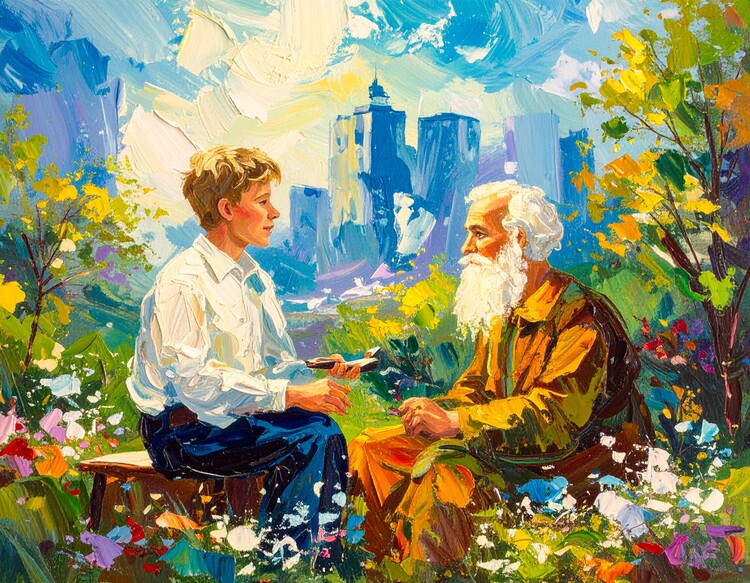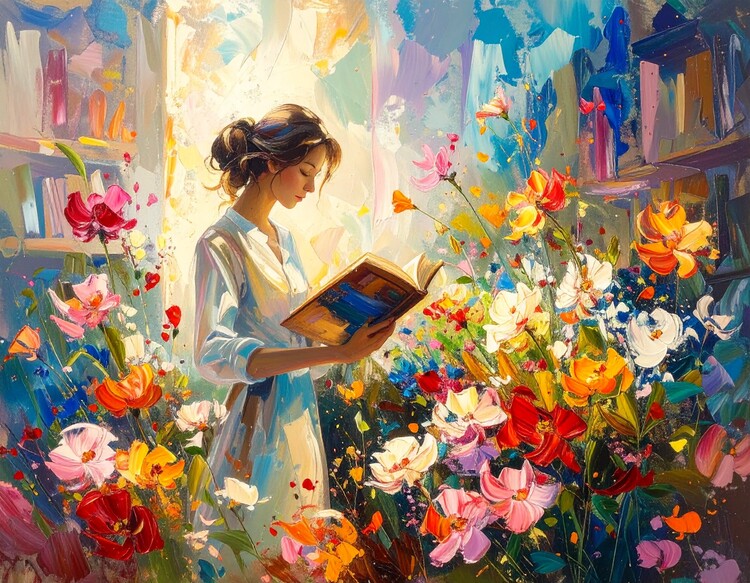VIOLET PROGRAM
Creative Writing 101 + Scholastic Essay Contest
Target Group
Grades 6-8
Prerequisites
None
Length
5 months
Lesson Time
45 mins/lesson
Part One: Meets twice a week
Part Two: Meets once a week
Class Size
1-on-1
Mode
Distance Learning
The J&B Bundle Programs are...
Specially designed for 6th–8th grade students applying to competitive boarding schools. Each program introduces students to the “Hues + Logic” writing framework, combining skill-building with real results through national and international writing competitions. The Violet Programs focus more on the “Hues” framework, emphasizing voice, creativity, and storytelling, and guiding students toward future success in the Common App and preparing them for prestigious awards such as the Scholastic Art and Writing Awards and the Bennington Young Writers Awards.
The Violet Bundle Program introduces students to creative writing, narrative voice, expressive language, and imaginative storytelling, core components of the “Hues” side of the “Hues + Logic” framework. Targeted toward 6th–8th graders, this track focuses on building the type of creative work that shines in the Scholastic Art and Writing Awards. Students craft compelling personal narratives, poetry, and short fiction while preparing submissions for competition. This program lays the groundwork for future Common App essays by helping students find and refine their unique voice early on.
Understand Our Creative Writing 101 + Scholastic Essay Contest
Objectives:
✓ Understand how to channel and source inspiration, apply innovative concepts and topics to fiction, and gain basic knowledge of prose, language, and imagery.
✓ Understand the basic components of poetry writing, apply experimental perspectives to varying forms of poetry, and gain an understanding of creative and compelling language.
✓ Understand how to explore meaningful personal experiences, learn how to embellish facts to create fiction, and gain concrete experience with creative non-fiction writing styles.
Learning Outcomes:
✓ Understand how to creatively brainstorm topics, draw inspiration from existing literature or life experiences, and apply ideas to fiction.
✓ Understand how to apply inspiration to poetry, utilize vivid language and imagery, and experiment with form using innovative strategies.
✓ Understand how to draw inspiration from life experiences, learn how to create a balance between “fact” and “fiction,” and apply to creative non-fiction outcomes.
Class Timeline: 45 mins. per lesson (20 mins. for instruction, 20 mins. for discussion & debate, 5 mins. for homework review & Q/A)
Detailed Lesson Plan:
Part 1 (Violet)
Week 1a: Flash Fiction—Experiment with structure and character flaws
Week 1b: Read and Reflect—Jamaica Kincaid, Ernest Hemingway, Roxane Gay
Week 2a: Humor—Creatively use dialogue and life experiences
Week 2b: Read and Reflect— Oscar Wilde, George Saunders, David Sedaris
Week 3a: Magical Realism—Explore creative possibilities and reference mythology
Week 3b: Read and Reflect—Gabriel Garcia Marquez, Laura Esquival, Haruki Murakami
Week 4a: Lyric Poetry—Use meter, lines, and stanzas
Week 4b: Read and Reflect – T.S. Eliot, Ezra Pound, Emily Dickinson
Week 5a: Narrative Poetry—Add similes and metaphors to your poetry
Week 5b: Read and Reflect – Edgard Allen Poe, Pablo Neruda, Claudia Rankine
Week 6a: Free Verse Poetry—How to utilize innovative techniques in poetry
Week 6b: Read and Reflect – Bob Dylan, E.E. Cummings, Li-Young Lee
Week 7a: Memoir—How to establish your voice and evaluate life events
Week 7b: Read and Reflect—James McBride, Patti Smith, Joan Didion
Week 8a: Personal Essay—Grab your readers’ attention and introduce creative realizations
Week 8b: Read and Reflect—Nora Ephron, Virginia Woolf, Cathy Park Hong
Week 9a: Creative Nonfiction Essay—Create a “twist” and embellish facts
Week 9b: Read and Reflect—David Foster Wallace, Malcolm Gladwell, Eula Biss
Week 10a: Capstone Project #1: Create your own Flash Fiction, Humor, or Magical Realism story from scratch
Week 10b: Capstone Project #1: Edits and Evaluation
Week 11a: Capstone Project #2:: Create your own Lyric, Narrative, or Free Verse poetry from scratch/Evaluation and feedback
Week 11b: Capstone Project #2: Edits and Evaluation
Week 12a: Capstone Project #3: Create your own memoir, personal essay, or creative nonfiction essay from scratch/Evaluation and feedback
Week 12b: Capstone Project #3: Edits and Evaluation
Part 2 (Scholastic):
Week 13: Ideation & Brainstorming—Come up with ideas for potential categories
Week 14: Topic Confirmation—Select a category and come up with working ideas
Week 15: Lecture—Gain background knowledge on your chosen category
Week 16: Seminar—Discuss relevant readings in-depth and narrow down your ideas
Week 17: Outline—Review a logical outline template, model outline, and reading sources
Week 18: First Draft and Edits—Write your first draft and receive detailed edits and feedback
Week 19: Second Draft and Edits—Write your second draft and receive detailed edits and feedback
Week 20: Final Edits, Polishing, and evaluation: Polish your draft overall so that it is ready for submission, and receive an evaluation of your essay writing skills
Inquiry




